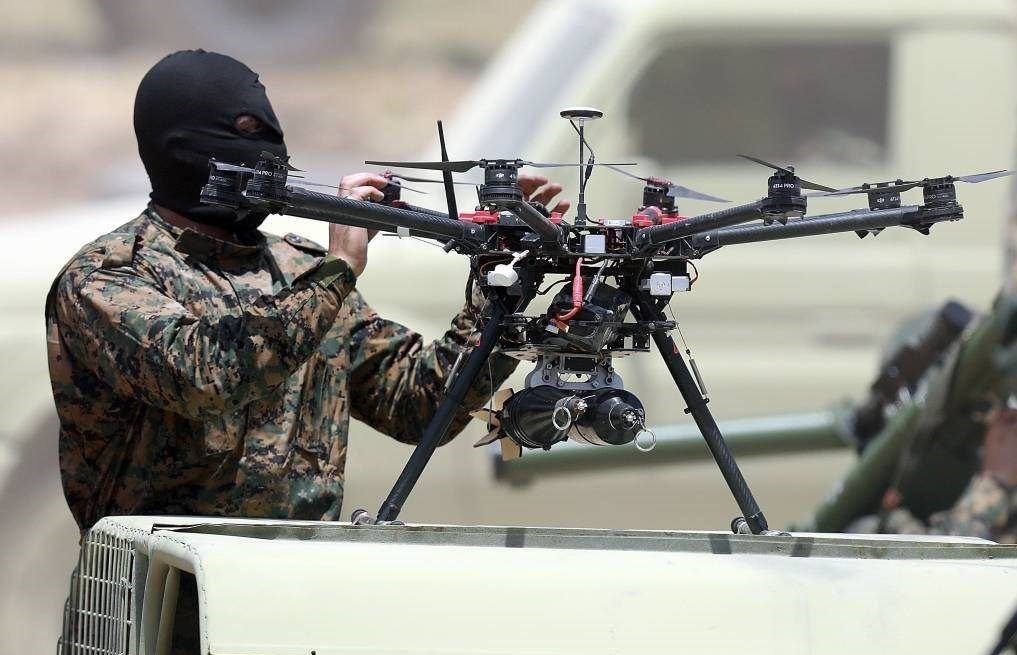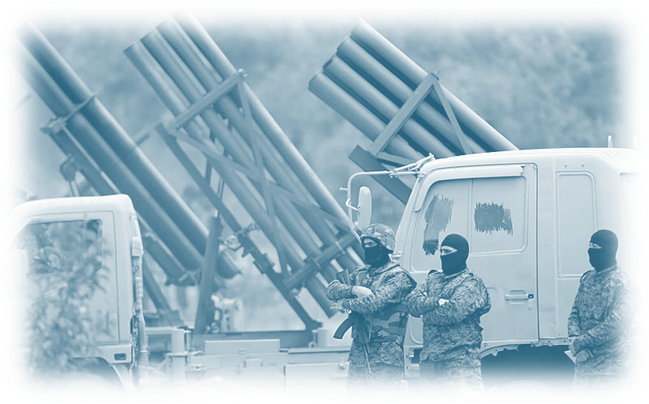15 April 2024
The Situation
On the evening of Saturday 13 April, at approximately 23:00 (IDT), Iran launched an attack against Israel with a combination of over 300 drones, ballistic, and cruise missiles. According to Israel, 99 percent of the incoming ordinances were intercepted. The US, the UK, and Jordan were also involved in interception efforts. The drones and missiles were launched from Iran, Iraq, Syria, and Yemen. The attack has caused limited physical damage in Israel, but Iran is claiming a symbolic victory.
Analysis
Key Judgement 1: Israel will retaliate with a limited strike against Iranian targets
This was the first direct attack by Iran on Israeli soil. Given the magnitude of the attack, a retaliatory action by Israel in the short-term future is highly likely, raising the risk of a wider regional conflict. To limit escalation, Israel will likely pick a relatively small-scale target, such as a small military installation, operated directly by Iranian personnel or their proxies. Israel may also use its cyber capabilities to sabotage Iran’s nuclear program or its infrastructure. Further Iranian strikes against Israel in the coming days are unlikely.
Key Judgement 2: a full-scale conflict remains unlikely
The geostrategic rivalry between Iran and Israel has entered a new phase of intensified competition, however, a full-scale conventional war is an unappealing notion for both sides. Instead, there is a greater risk of tit-for-tat strikes below the threshold of open war occurring between Israel and Iran in the short and medium-term future. Hezbollah and other Iran-backed groups may increase the scale of their operation against Israel if tensions increase.
Key Judgement 3: the purpose of Iran’s attack was to score a symbolic victory
After blaming Israel for the death of senior Islamic Revolutionary Guard Corps (IRGC) commanders in Damascus on 1 April, it was important for Iran to act on vows that it would retaliate. However, Iran made several moves that blunted the impact of its military operation on 13 April. Tehran publicly signalled that it would retaliate, limiting the chances of a surprise attack, and elected not to act in concert with Hezbollah in Lebanon, which would have confronted Israel with a multi-front attack. It is likely that Iran intended for the attack to be a symbolic display of its military capabilities and resolve, rather than to cause massive damage to Israel because the latter scenario would significantly have increased the risks of rapid escalation.











